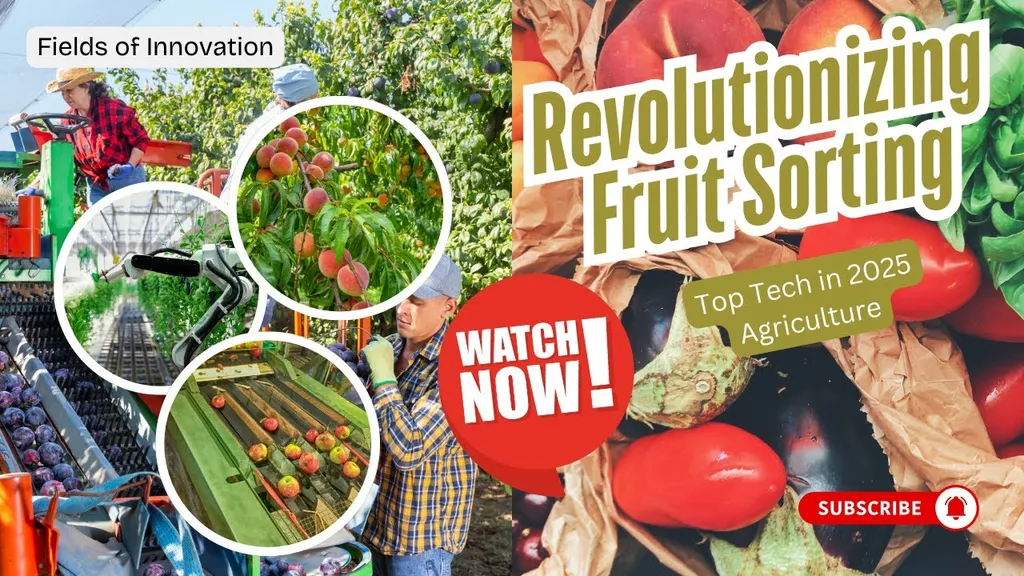In the lush, tropical landscapes of North Sulawesi, a technological revolution is brewing, one that could redefine the future of local agriculture and potentially inspire similar advancements worldwide. Researchers, led by Vecky C. Poekoel from Sam Ratulangi University, have developed a cutting-edge fruit detection system that promises to boost the profitability of local fruits and streamline agricultural processes. Their work, published in the Indonesian National Journal of Informatics Education (JANAPATI), is a testament to the power of deep learning in transforming traditional industries.
The system, designed to detect and sort local fruits with remarkable accuracy, is a significant leap forward in agricultural technology. “Our goal was to create a system that could work in real-time on low-cost devices, making it accessible and practical for local farmers,” Poekoel explained. The architecture of the system is a marvel of modern technology, consisting of an efficient backbone for rapid feature separation, an attention module to enhance feature extraction, and a classifier module to estimate the probabilities of each fruit category.
The results are impressive. The model achieved an accuracy of 99.27% on the Fruits-360 dataset and an even more remarkable 99.57% on the local dataset. This level of precision is a game-changer for the agricultural sector, where sorting and separating fruits is a labor-intensive and time-consuming process. “The automation of this process not only increases efficiency but also reduces the potential for human error,” Poekoel added.
The commercial impacts of this research are substantial. By increasing the accuracy and speed of fruit sorting, the system can significantly reduce labor costs and improve the overall profitability of local fruits. This could lead to a boost in the local economy, as farmers are able to sell their produce at higher prices due to the improved quality and consistency.
Moreover, the system’s ability to operate quickly at 100,488 Frames per Second makes it one of the most efficient models in its class. This efficiency is crucial for real-time applications, where speed and accuracy are of the essence. The system’s compatibility with low-cost devices further enhances its practicality, making it an attractive option for farmers and agricultural businesses worldwide.
The implications of this research extend beyond the agricultural sector. The deep learning architecture developed by Poekoel and his team could be adapted for use in other industries, such as quality control in manufacturing or object detection in autonomous vehicles. The attention module, in particular, has the potential to revolutionize feature extraction in various applications, paving the way for more advanced and efficient systems.
As we look to the future, the work of Poekoel and his team serves as a reminder of the transformative power of technology. By harnessing the potential of deep learning, we can overcome longstanding challenges and unlock new opportunities for growth and innovation. The fruit detection system developed by Sam Ratulangi University is not just a tool for sorting fruits; it is a beacon of hope for a more efficient, profitable, and technologically advanced future.

